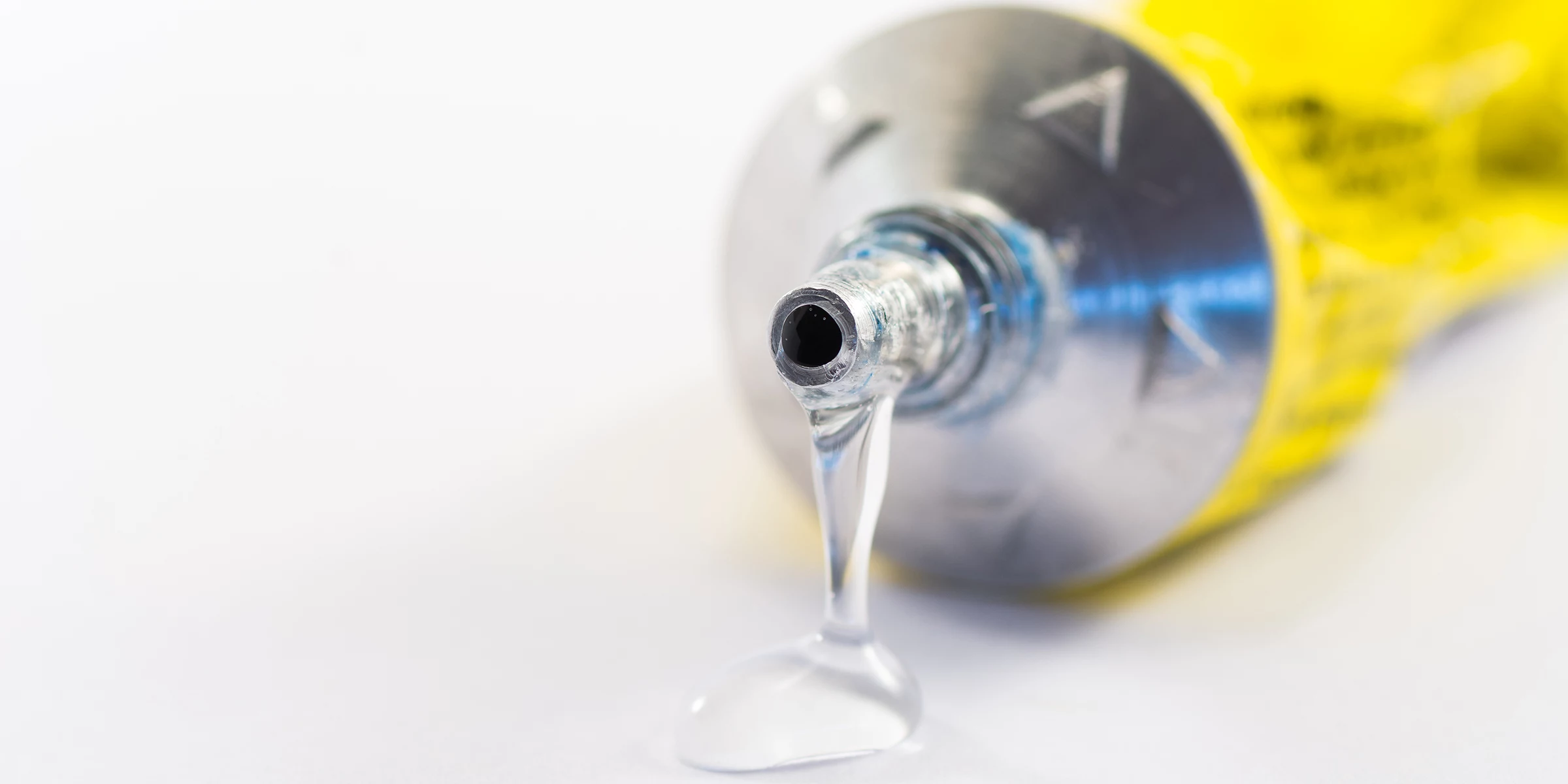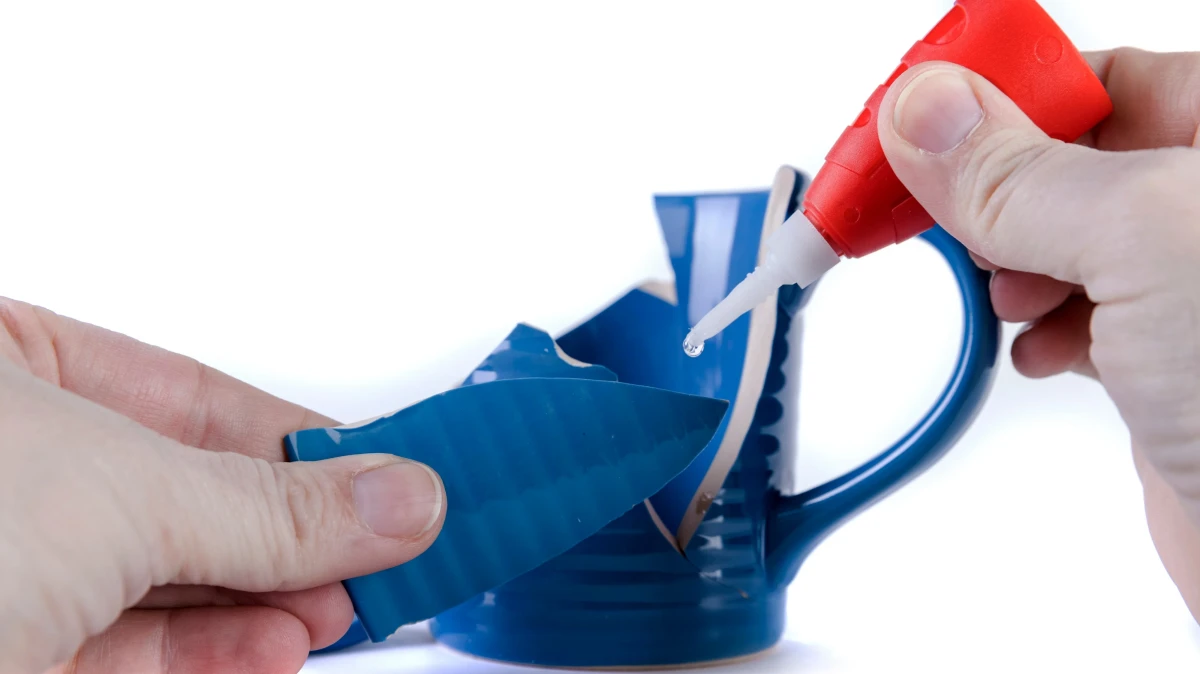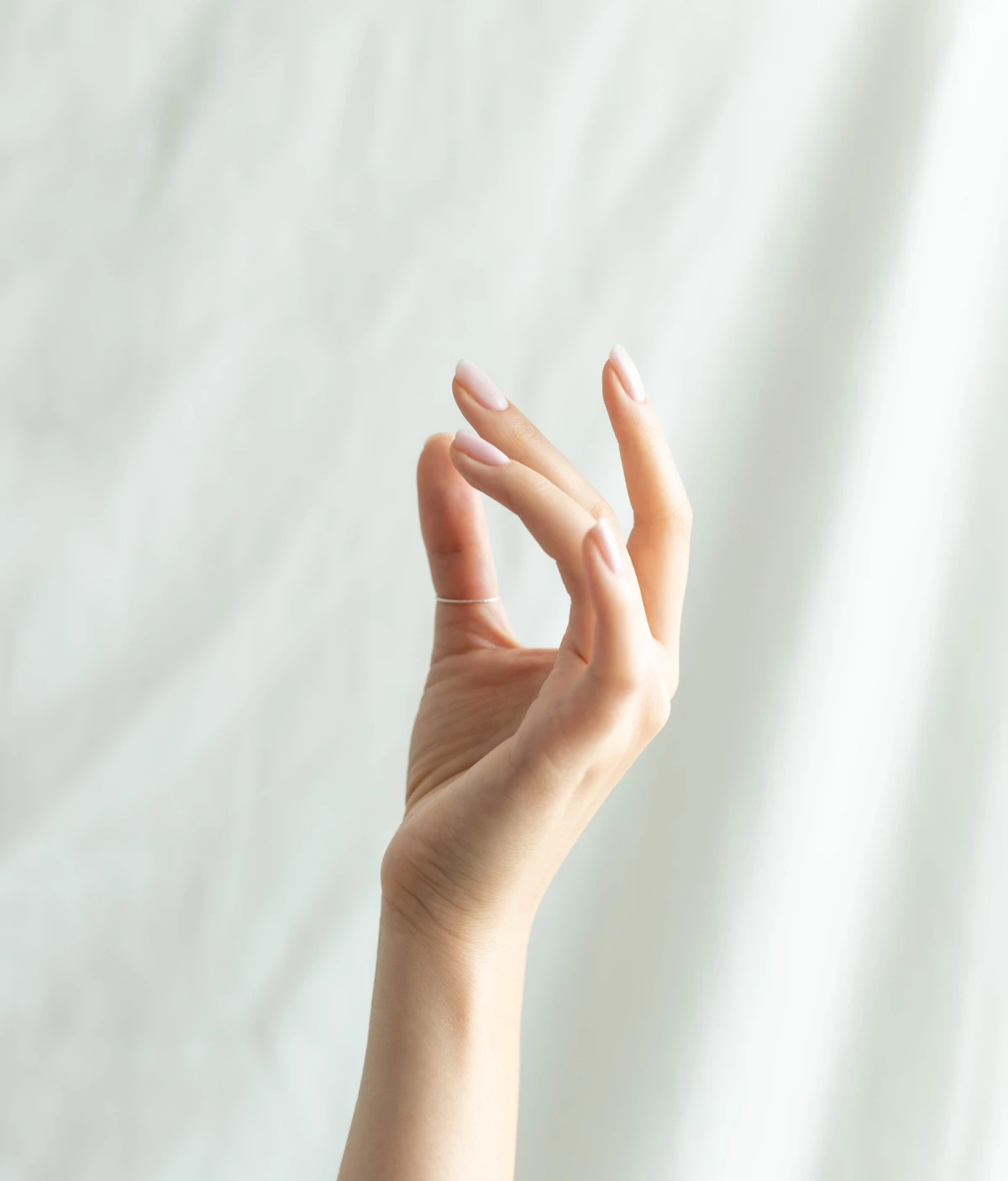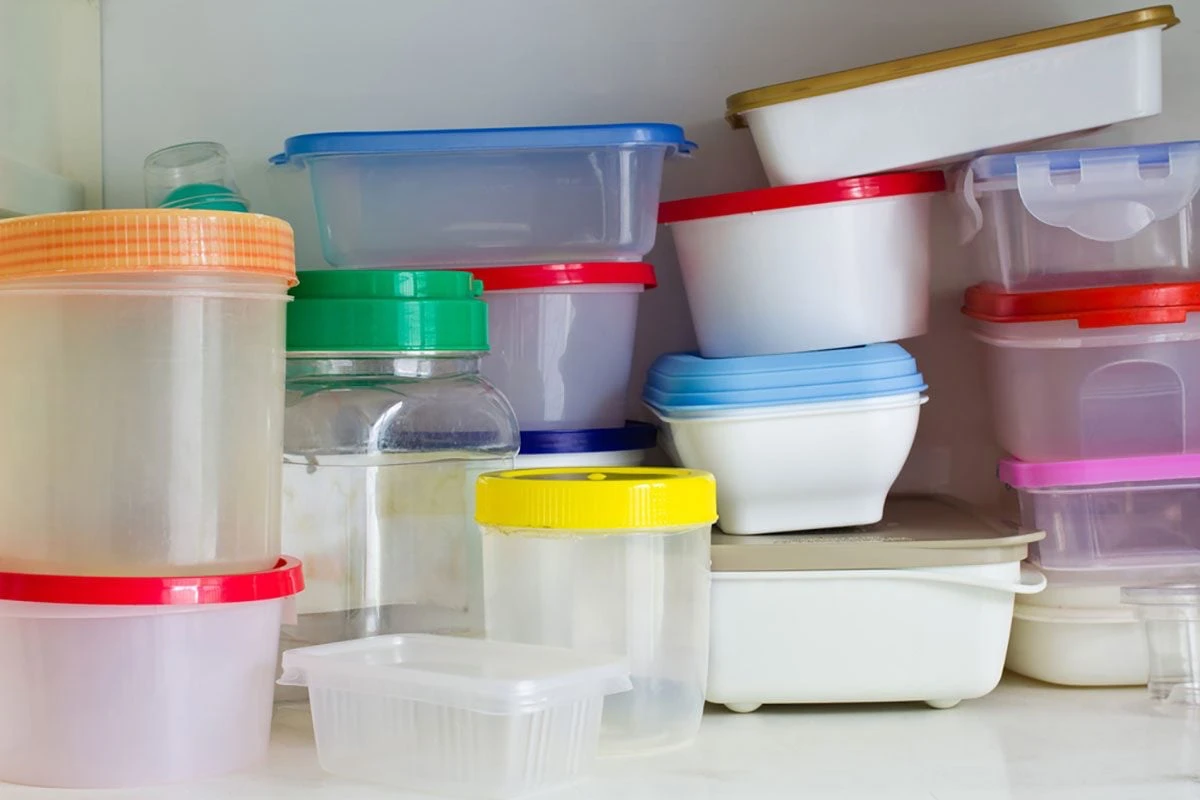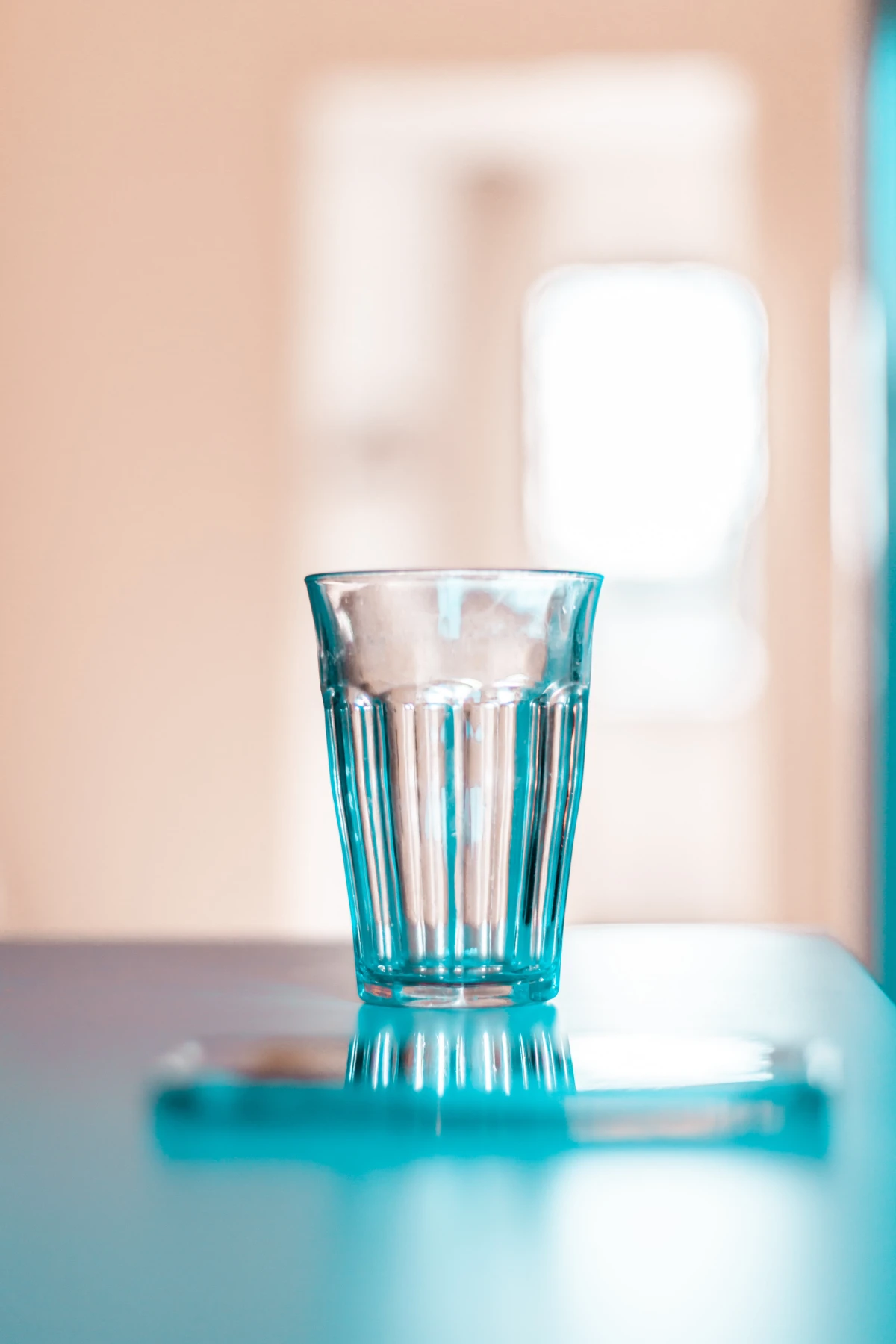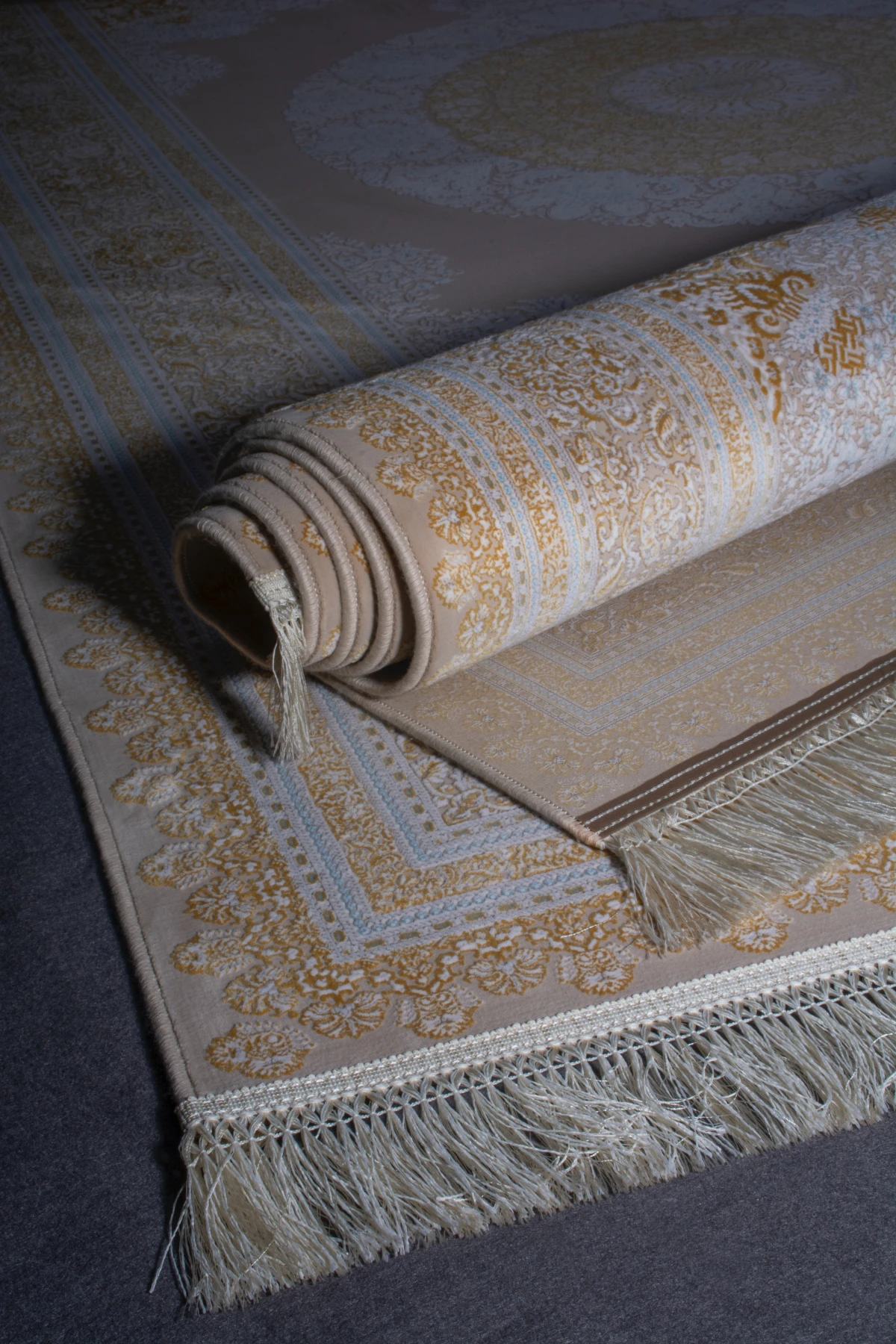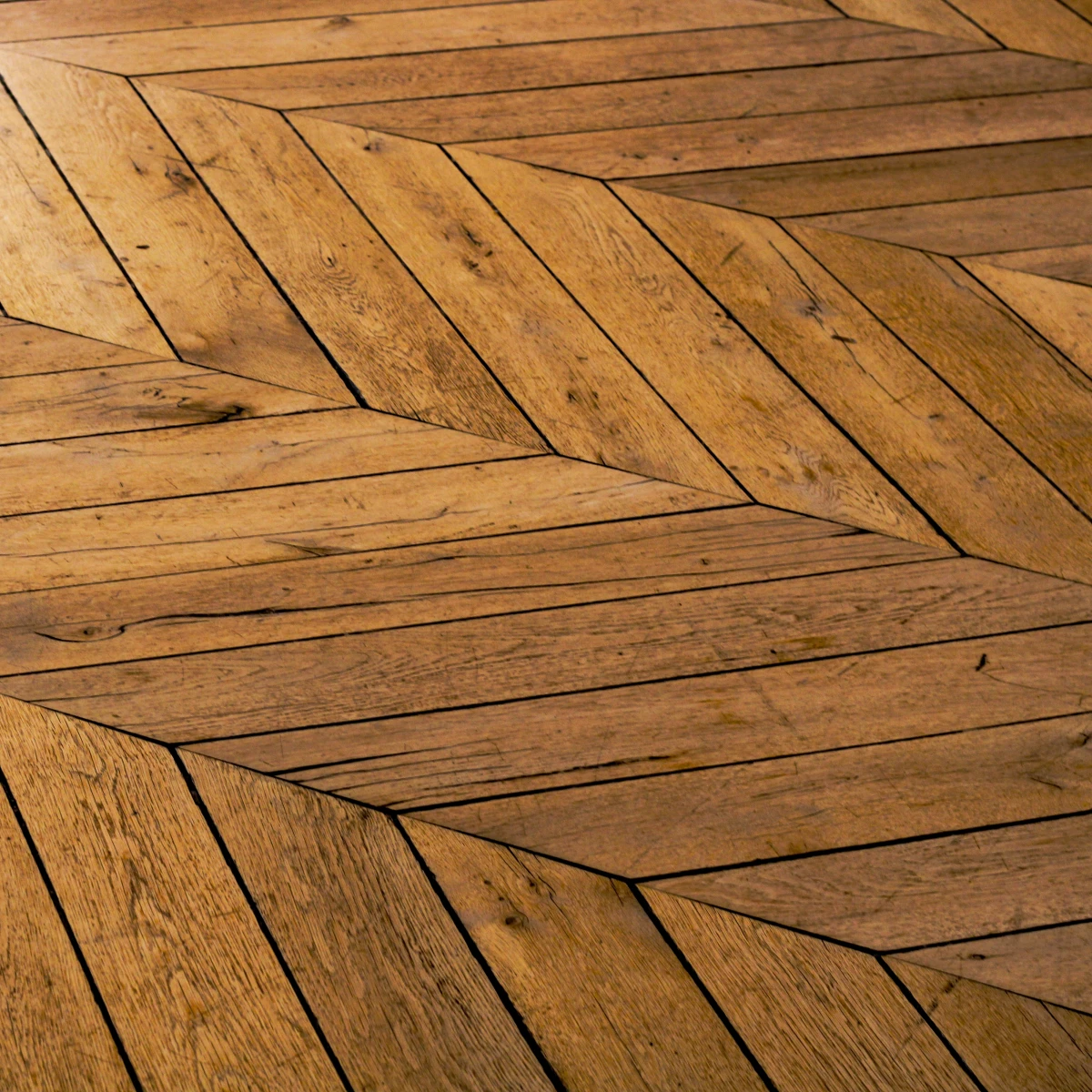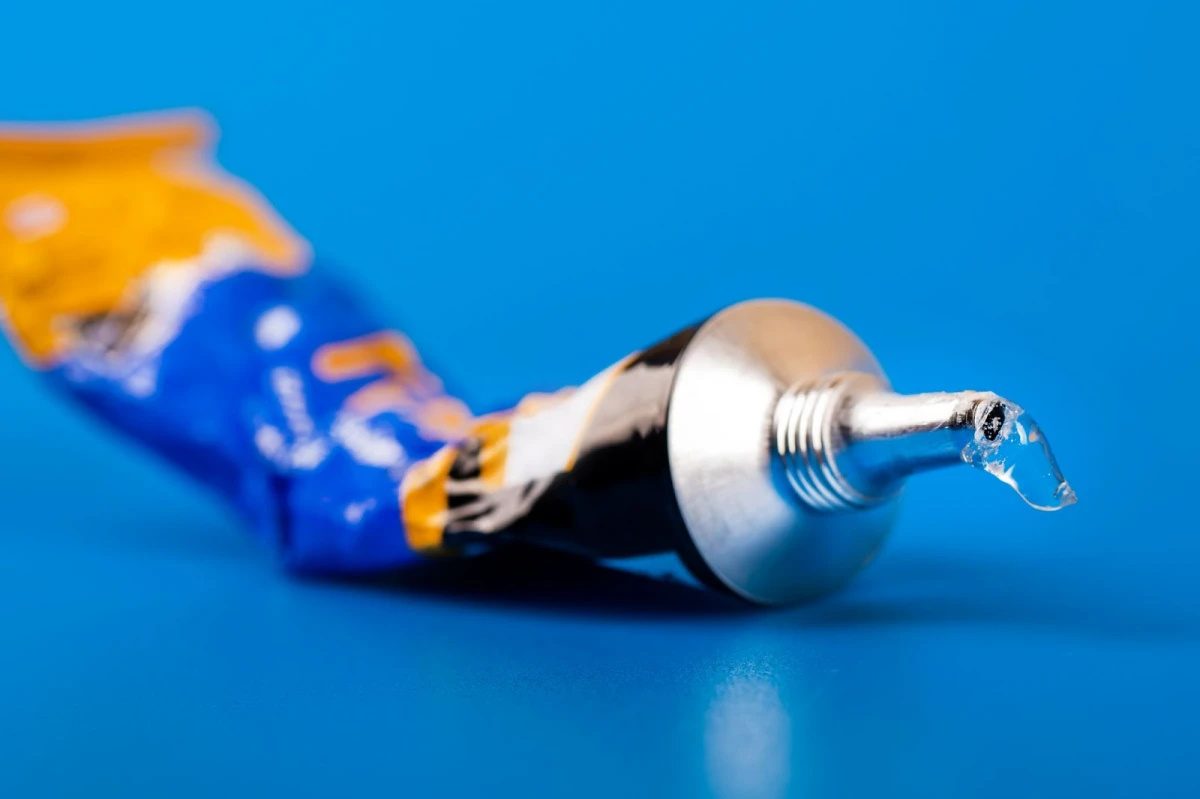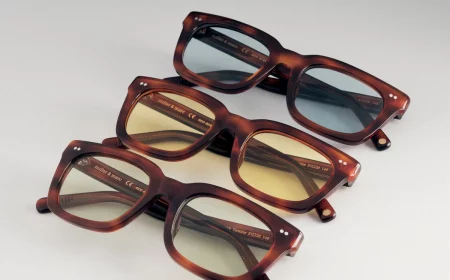How To Remove Super Glue From Almost Anything
Oh, no! Have you found yourself in a super sticky situation? Don’t worry, we will show you how to easily get out of it. Getting super glue on your fingertips, your clothes, your table, or anywhere else is not a fun occurrence. But it does happen more often than we would like it to. Super glue is a type of fast-bonding, really strong, instant adhesive that is engineered to bond together almost any materials. And sometimes it works too well. While gluing something you may have unintentionally gotten glue on a bunch of things you didn’t mean to. So, what to do then? Today we will show you some clever ways on how to remove super glue from almost anything.
ave you found yourself in a super sticky situation?
In this article
How To Remove Super Glue From Almost Anything
While super glue is amazing. It can be used to repair almost anything. However, it can quickly become a mess and you can end up with super glue everywhere you didn’t want it to get. On the bright side, there are a ton of super glue removal options, you just need to know which ones are good for what type of material. That’s why today we will show you some of the best methods for removing this adhesive from pretty much anything.
There are a ton of super glue removal options
#Skin
When using super glue, the chances of getting it on your skin and hair are very high. And since your skin produces moisture, this makes it super easy or the glue to bond once it makes contact with your skin. That’s why it’s best to use gloves or other appropriate protective gear when handling glue. However, if it has happened to get on you, you can easily remove it with some common household items. You can remove glue from your hands with acetone or nail polish removers. If the glue has gotten onto a more sensitive part of your body, such as your lips, under eyes or hair, you can use vegetable oils, peanut butter, margarine, or butter to help break the bond.
When using super glue, the chances of getting it on your skin and hair are very high
#Metal
Metal and super glues bond easily and quickly. However, it can easily be removed from such surfaces. You can use acetone and a scraping tool. All you need to do is apply a small amount of the solvent. This will help break the bond of the adhesive. Then take the scraping tool and remove the softened glue. Just make sure to be careful when applying the acetone, as you don’t want it getting on other materials nearby.
Metal and super glues bond easily and quickly
#Plastic
Ugh, plastic and super glue can be a really annoying combination to clean. It can be really tough to remove the glue, as most common solvents, such as acetone, can damage and even destroy the plastic alongside the glue. While you can get away with using acetone on a really sturdy piece of plastic and miniscule glue stain, it is not optimal for other plastics. Instead, try soaking the stained plastic in some water with ammonia-free detergent. This will help soften the bond. If that doesn’t work, you can use nitromethane, which you can find in hobby and crafts stores. This is a less harsh chemical solvent that won’t damage the plastic like acetone will.
Plastic and super glue can be a really annoying combination to clean
#Glass
Once super glue gets onto glass, it seems it never wants to let go. This can become quite the problem if the glass it has gotten onto is your glasses, windows, glass tables, and so on. If the glass is scratch resistant, you can try using a solvent to loosen up the bond and scrape it off with a razor. However, if your glass is delicate and not scratch protected, it’s best to choose a more gentle approach. You can use some acetone, nail polish remover or rubbing alcohol to get it off. Just apply the solvent onto a cotton ball or sponge and blot the area in circular motions. Make sure you apply some pressure. If it doesn’t come off immediately, let the solvent sit on the area for around five minutes and repeat.
Once super glue gets onto glass, it seems it never wants to let go
#Fabric
Getting super glue on your clothes, rugs, or carpet is a super frustrating experience. However, for most types of fabrics it should be pretty easy to remove once it has hardened. You can scrape it off your carpet or shirt with a butter knife or a spoon. You can also dab some rubbing alcohol onto a cotton ball and use it to loosen up the bond, just don’t use it on leather. For leathers, it’s recommended to use vinegar as it is less harsh, but it will take some more time. You can also use WD-40 for leather. Once you’ve loosened up and removed the glue, you can apply some spot treatment and wash the clothing. For carpets, you can use some water and mild detergent to scrub away any residues.
Getting super glue on your clothes, rugs, or carpet is a super frustrating experience
#Wood
If you happen to get super glue on anything wooden, including floors and tables, the first thing you need to do is ask yourself whether this wooden item is finished or unfinished? If the answer is unfinished, then acetone it is. However, if your wood is finished, you want to stay far away from harsh solvents such as acetone as it will strip down the finish. While you can try using a q-tip and a tiny bit of acetone, it is risky. Try using nitromethane instead.
The first thing you need to do is ask yourself whether this wooden item is finished or unfinished?
These were some of the best methods on how to remove super glue from almost anything. We hope you found this article useful. Now you don’t have to worry if you get super glue on something, as you now know how to easily remove it.
These were some of the best methods on how to remove super glue from almost anything
